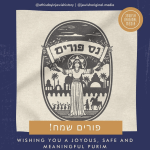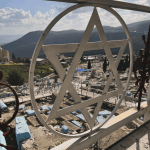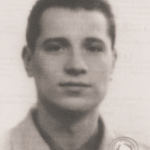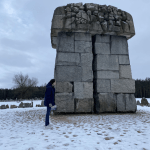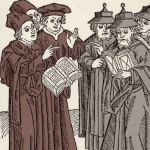Mastermind of Munich Massacre Assassinated by Mossad, 1979
On January 22, 1979, the Mossad assassinated Ali Hassan Salameh, the mastermind behind the 1972 Munich Massacre, as part of Operation Wrath of God. This post delves into the details of his life and the historical context of this significant event.
Read More


